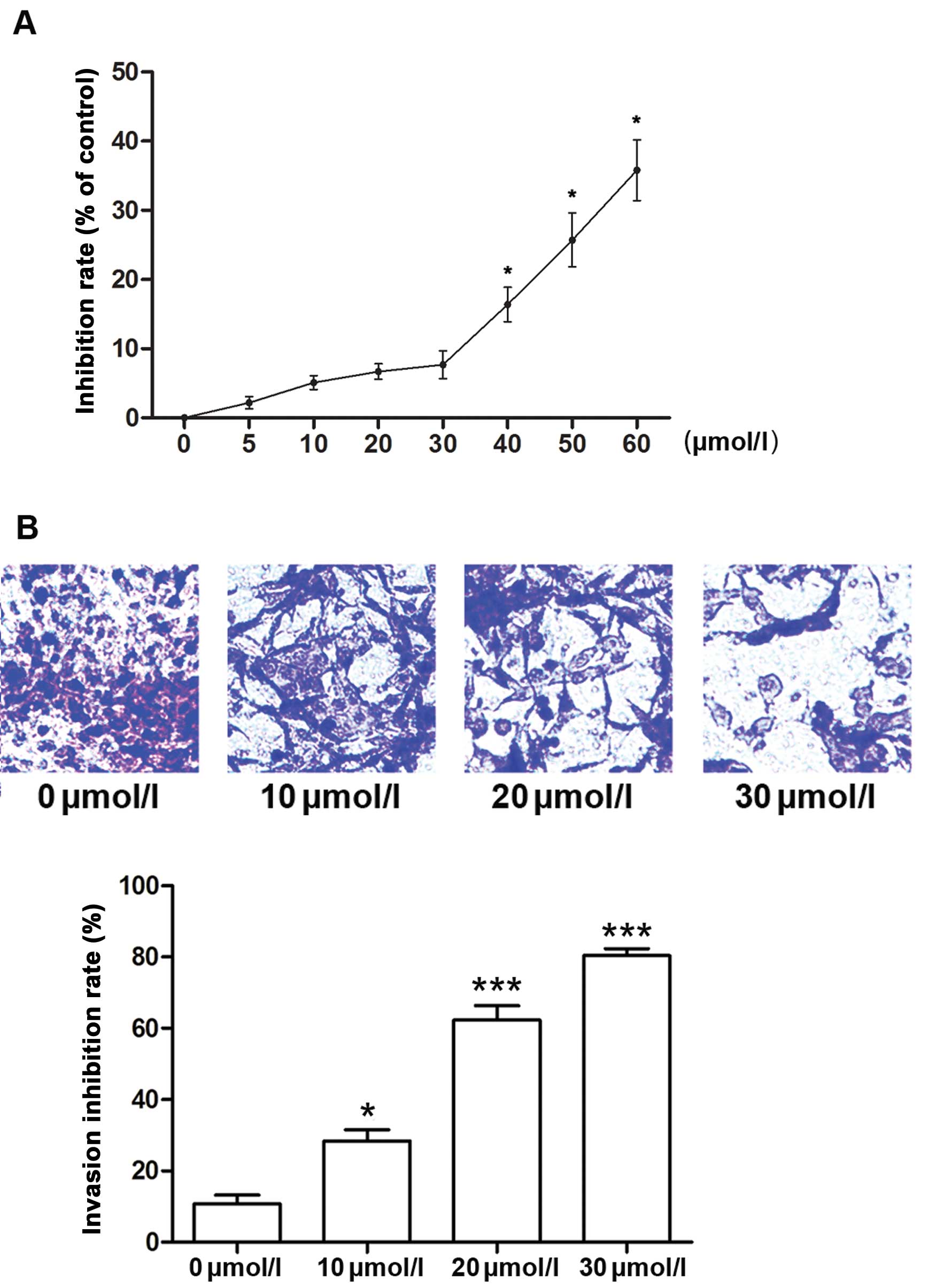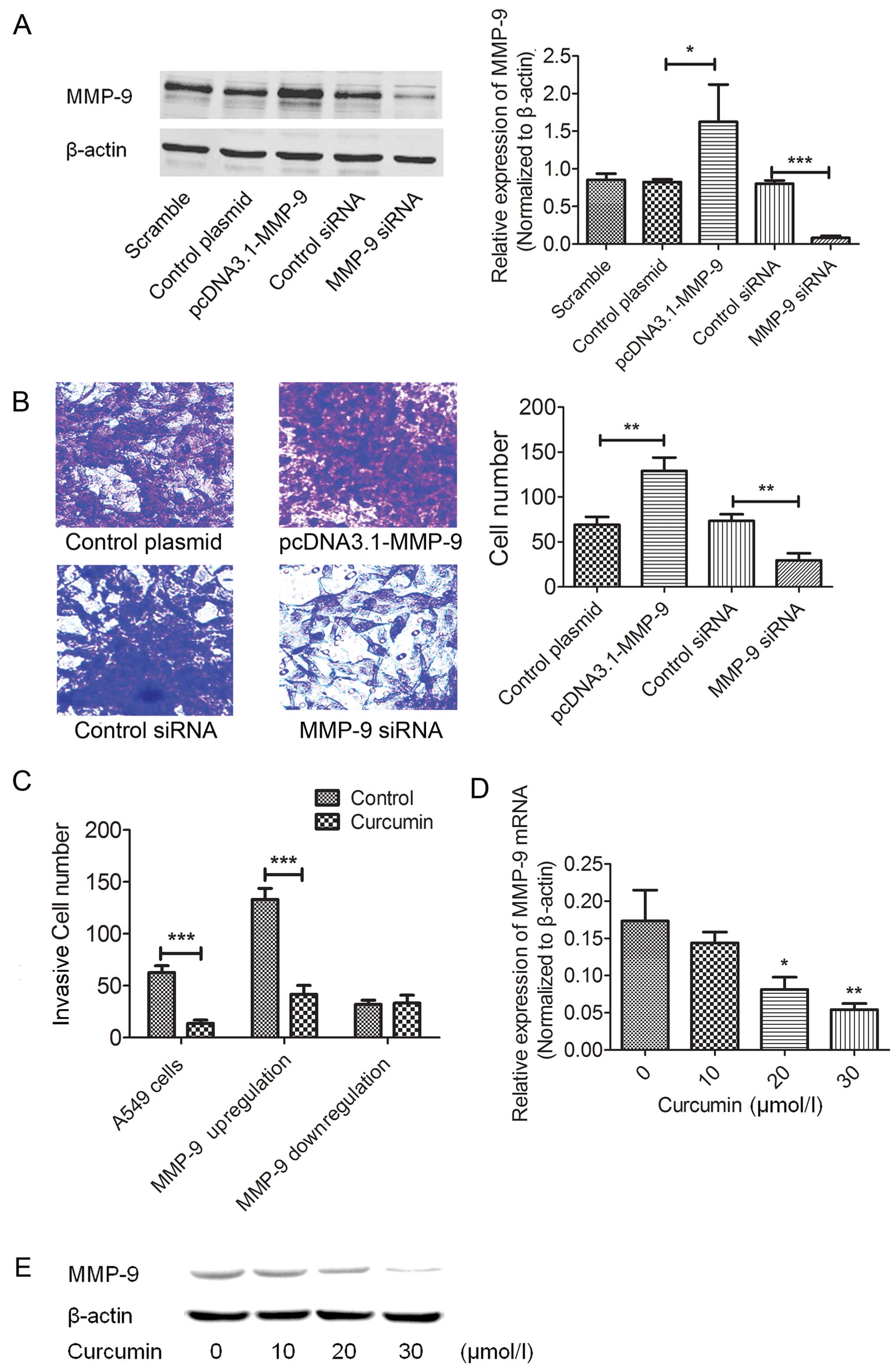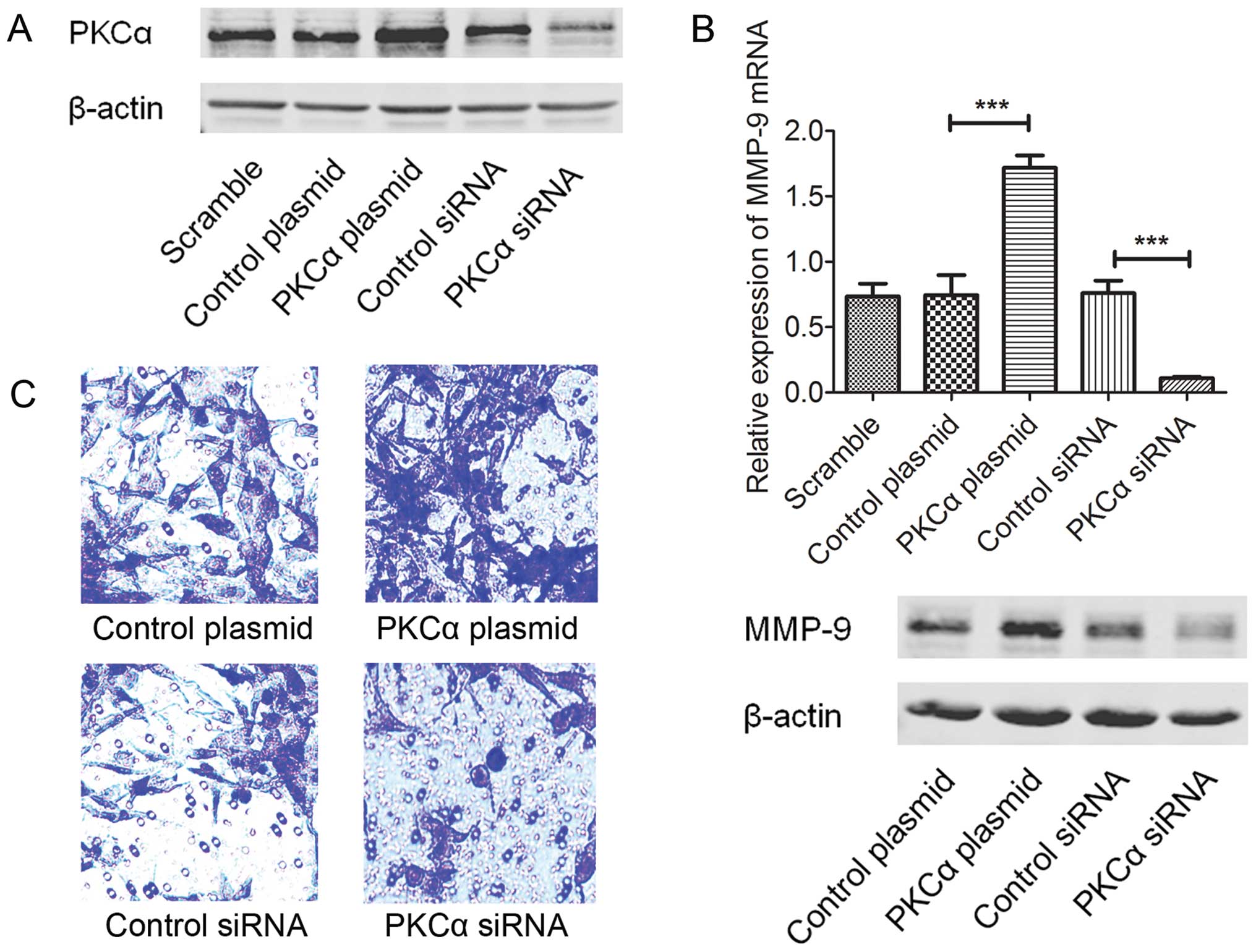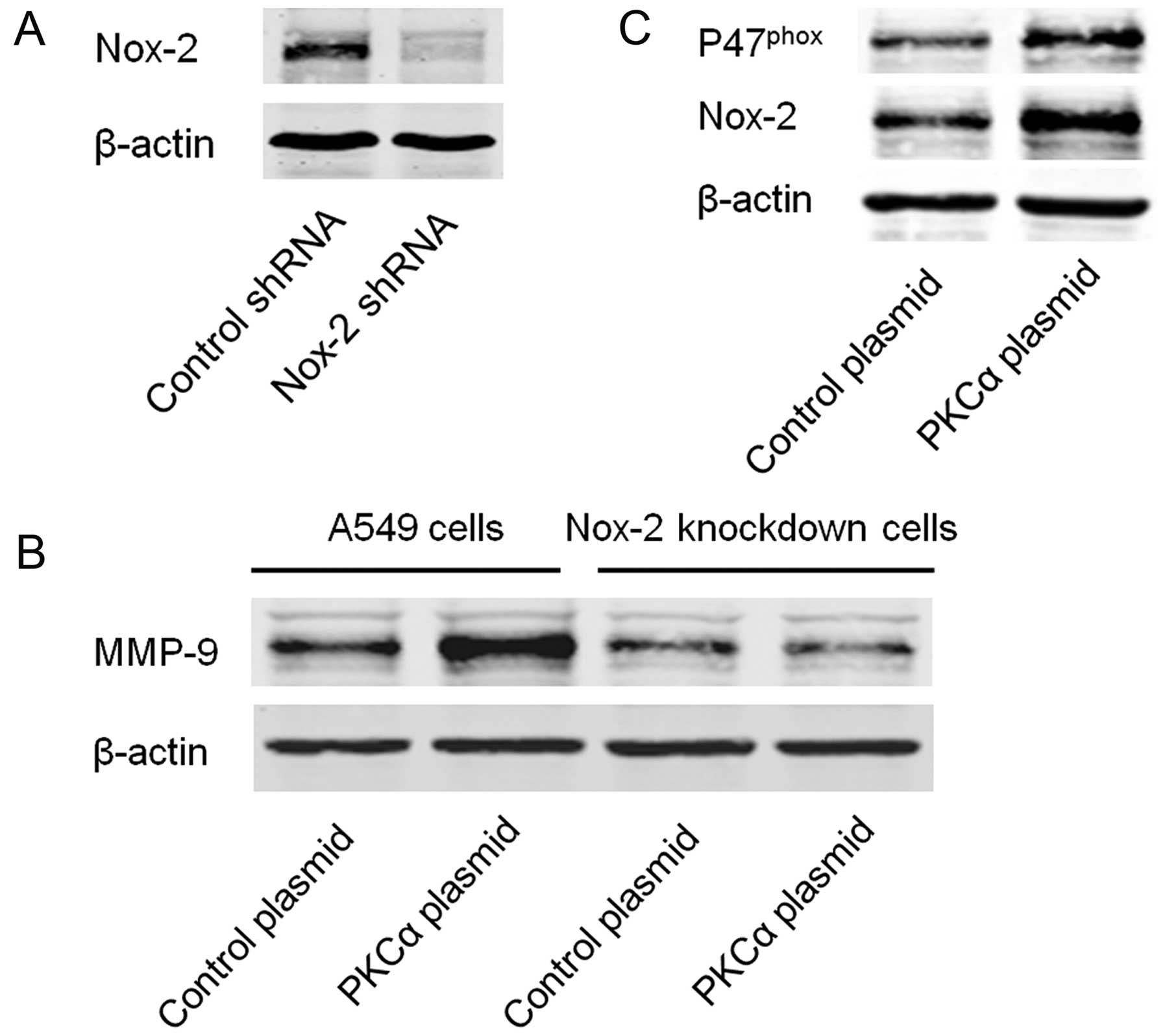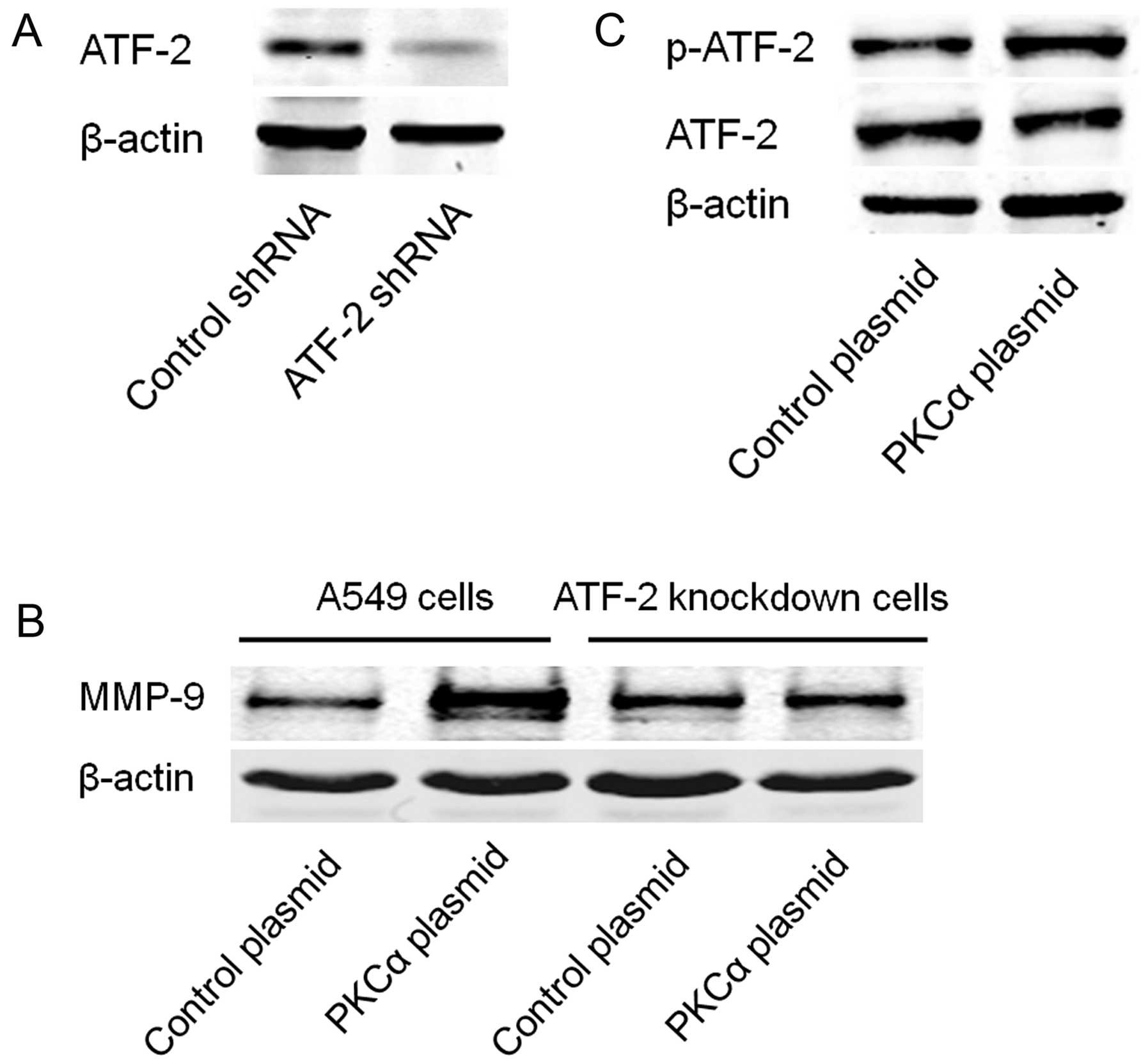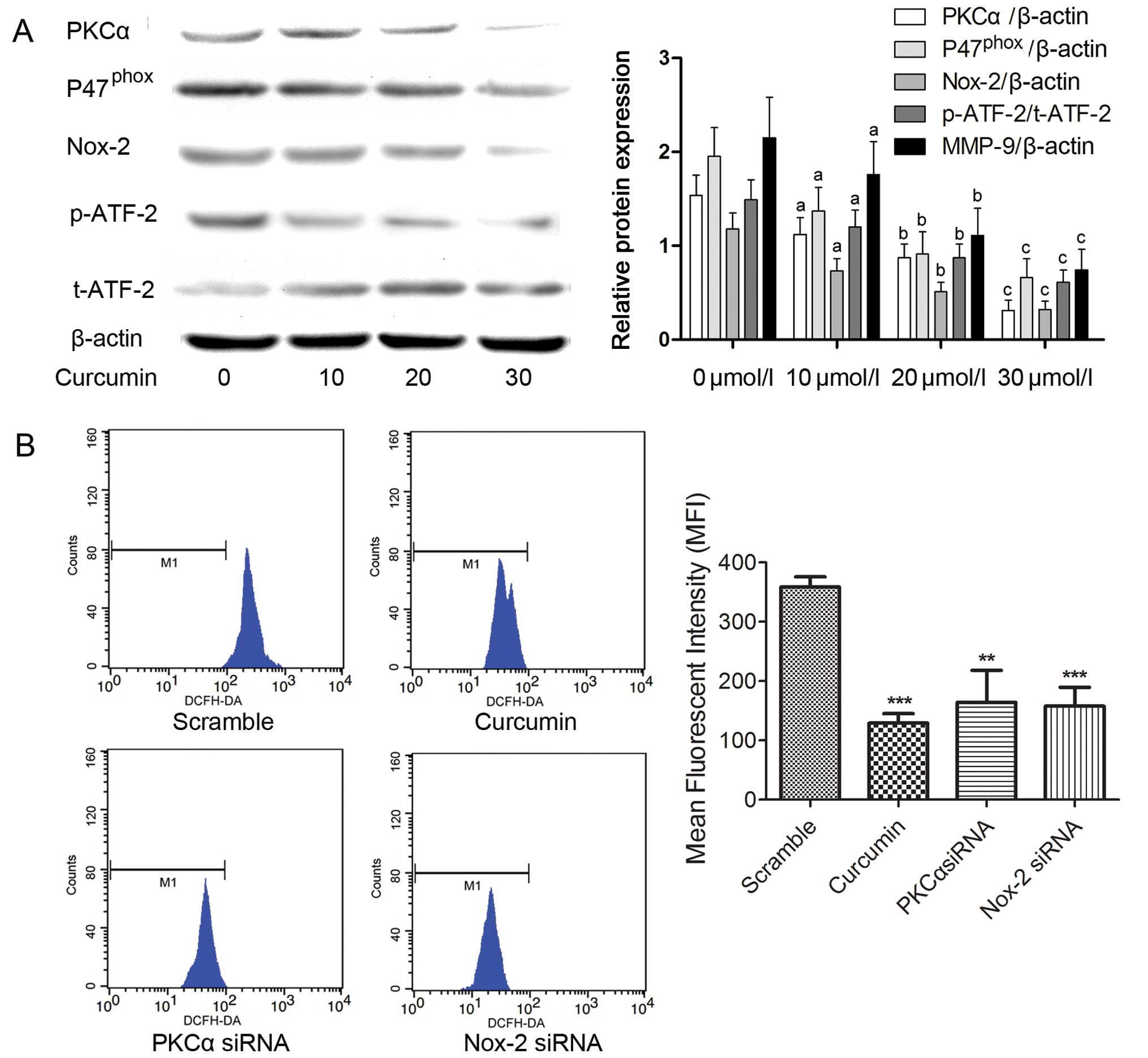|
1
|
Minami-Shimmyo Y, Ohe Y, Yamamoto S, Sumi
M, Nokihara H, Horinouchi H, Yamamoto N, Sekine I, Kubota K and
Tamura T: Risk factors for treatment-related death associated with
chemotherapy and thoracic radiotherapy for lung cancer. J Thorac
Oncol. 7:177–182. 2012. View Article : Google Scholar
|
|
2
|
Hung JJ, Jeng WJ, Hsu WH, Chou TY, Huang
BS and Wu YC: Predictors of death, local recurrence, and distant
metastasis in completely resected pathological stage-I
non-small-cell lung cancer. J Thorac Oncol. 7:1115–1123. 2012.
View Article : Google Scholar : PubMed/NCBI
|
|
3
|
Schiavina R, Borghesi M, Brunocilla E,
Manferrari F, Fiorentino M, Vagnoni V, Baccos A, Pultrone CV, Rocca
GC, Rizzi S, et al: Differing risk of cancer death among patients
with lymph node metastasis after radical prostatectomy and pelvic
lymph node dissection: Identification of risk categories according
to number of positive nodes and Gleason score. BJU Int.
111:1237–1244. 2013. View Article : Google Scholar : PubMed/NCBI
|
|
4
|
Mizutani K, Kofuji K and Shirouzu K: The
significance of MMP-1 and MMP-2 in peritoneal disseminated
metastasis of gastric cancer. Surg Today. 30:614–621. 2000.
View Article : Google Scholar : PubMed/NCBI
|
|
5
|
Zhang HM, Han YJ, Zhao WB, Hu LJ, Fei YT
and Tu Y: Effects of scalp acupuncture on expression of hippocampal
MMP-9 in cerebral ischemia injury rats. Zhen Ci Yan Jiu.
36:193–198. 2011.In Chinese. PubMed/NCBI
|
|
6
|
Kim HJ, Fillmore HL, Reeves TM and
Phillips LL: Elevation of hippocampal MMP-3 expression and activity
during trauma-induced synaptogenesis. Exp Neurol. 192:60–72. 2005.
View Article : Google Scholar : PubMed/NCBI
|
|
7
|
Sun C, Wang Q, Zhou H, Yu S, Simard AR,
Kang C, Li Y, Kong Y, An T, Wen Y, et al: Antisense MMP-9 RNA
inhibits malignant glioma cell growth in vitro and in vivo.
Neurosci Bull. 29:83–93. 2013. View Article : Google Scholar : PubMed/NCBI
|
|
8
|
Lin ZM, Zhao JX, Duan XN, Zhang LB, Ye JM,
Xu L and Liu YH: Effects of tissue factor, PAR-2 and MMP-9
expression on human breast cancer cell line MCF-7 invasion. Asian
Pac J Cancer Prev. 15:643–646. 2014. View Article : Google Scholar : PubMed/NCBI
|
|
9
|
Oshima T, Kunisaki C, Yoshihara K, Yamada
R, Yamamoto N, Sato T, Makino H, Yamagishi S, Nagano Y, Fujii S, et
al: Clinicopathological significance of the gene expression of
matrix metalloproteinases and reversion-inducing cysteine-rich
protein with Kazal motifs in patients with colorectal cancer: MMP-2
gene expression is a useful predictor of liver metastasis from
colorectal cancer. Oncol Rep. 19:1285–1291. 2008.PubMed/NCBI
|
|
10
|
Lee LY, Wu CM, Wang CC, Yu JS, Liang Y,
Huang KH, Lo CH and Hwang TL: Expression of matrix
metalloproteinases MMP-2 and MMP-9 in gastric cancer and their
relation to claudin-4 expression. Histol Histopathol. 23:515–521.
2008.PubMed/NCBI
|
|
11
|
Park SY, Kim YH, Kim Y and Lee SJ:
Frondoside A has an anti-invasive effect by inhibiting TPA-induced
MMP-9 activation via NF-κB and AP-1 signaling in human breast
cancer cells. Int J Oncol. 41:933–940. 2012.PubMed/NCBI
|
|
12
|
Kim ES, Sohn YW and Moon A:
TGF-beta-induced transcriptional activation of MMP-2 is mediated by
activating transcription factor (ATF)2 in human breast epithelial
cells. Cancer Lett. 252:147–156. 2007. View Article : Google Scholar : PubMed/NCBI
|
|
13
|
Hsieh HL, Lin CC, Shih RH, Hsiao LD and
Yang CM: NADPH oxidase-mediated redox signal contributes to
lipoteichoic acid-induced MMP-9 upregulation in brain astrocytes. J
Neuroinflammation. 9:1102012. View Article : Google Scholar : PubMed/NCBI
|
|
14
|
Liu WH and Chang LS: Arachidonic acid
induces Fas and FasL upregulation in human leukemia U937 cells via
Ca2+/ROS-mediated suppression of ERK/c-Fos pathway and
activation of p38 MAPK/ATF-2 pathway. Toxicol Lett. 191:140–148.
2009. View Article : Google Scholar : PubMed/NCBI
|
|
15
|
Ji JL, Huang XF and Zhu HL: Curcumin and
its formulations: Potential anti-cancer agents. Anticancer Agents
Med Chem. 12:210–218. 2012. View Article : Google Scholar
|
|
16
|
Chen CC, Sureshbabul M, Chen HW, Lin YS,
Lee JY, Hong QS, Yang YC and Yu SL: Curcumin suppresses metastasis
via Sp-1, FAK inhibition, and E-cadherin upregulation in colorectal
cancer. Evid Based Complement Alternat Med. 2013:5416952013.
View Article : Google Scholar : PubMed/NCBI
|
|
17
|
Chen HW, Lee JY, Huang JY, Wang CC, Chen
WJ, Su SF, Huang CW, Ho CC, Chen JJ, Tsai MF, et al: Curcumin
inhibits lung cancer cell invasion and metastasis through the tumor
suppressor HLJ1. Cancer Res. 68:7428–7438. 2008. View Article : Google Scholar : PubMed/NCBI
|
|
18
|
Chan WH, Wu HJ and Hsuuw YD: Curcumin
inhibits ROS formation and apoptosis in methylglyoxal-treated human
hepatoma G2 cells. Ann NY Acad Sci. 1042:372–378. 2005. View Article : Google Scholar : PubMed/NCBI
|
|
19
|
Carbone F, Camillo Teixeira P,
Braunersreuther V, Mach F, Vuilleumier N and Montecucco F:
Pathophysiology and treatments of oxidative injury in ischemic
stroke: Focus on the phagocytic NADPH oxidase 2. Antioxid Redox
Signal. Apr 22–2014.Epub ahead of print. View Article : Google Scholar : PubMed/NCBI
|
|
20
|
Makino J, Kamiya T, Hara H and Adachi T:
TPA induces the expression of EC-SOD in human monocytic THP-1
cells: Involvement of PKC, MEK/ERK and NOX-derived ROS. Free Radic
Res. 46:637–644. 2012. View Article : Google Scholar : PubMed/NCBI
|
|
21
|
Soetikno V, Watanabe K, Sari FR, Harima M,
Thandavarayan RA, Veeraveedu PT, Arozal W, Sukumaran V, Lakshmanan
AP, Arumugam S, et al: Curcumin attenuates diabetic nephropathy by
inhibiting PKC-α and PKC-β1 activity in streptozotocin-induced type
I diabetic rats. Mol Nutr Food Res. 55:1655–1665. 2011. View Article : Google Scholar : PubMed/NCBI
|
|
22
|
Soh JW and Weinstein IB: Roles of specific
isoforms of protein kinase C in the transcriptional control of
cyclin D1 and related genes. J Biol Chem. 278:34709–34716. 2003.
View Article : Google Scholar : PubMed/NCBI
|
|
23
|
Chen XP, Qian LL, Jiang H and Chen JH:
Ginsenoside Rg3 inhibits CXCR4 expression and related migrations in
a breast cancer cell line. Int J Clin Oncol. 16:519–523. 2011.
View Article : Google Scholar : PubMed/NCBI
|
|
24
|
Chen J, Li Z, Chen AY, Ye X, Luo H, Rankin
GO and Chen YC: Inhibitory effect of baicalin and baicalein on
ovarian cancer cells. Int J Mol Sci. 14:6012–6025. 2013. View Article : Google Scholar : PubMed/NCBI
|
|
25
|
Li LQ, Li XL, Wang L, Du WJ, Guo R, Liang
HH, Liu X, Liang DS, Lu YJ, Shan HL, et al: Matrine inhibits breast
cancer growth via miR-21/PTEN/Akt pathway in MCF-7 cells. Cell
Physiol Biochem. 30:631–641. 2012. View Article : Google Scholar : PubMed/NCBI
|
|
26
|
Saha SK and Khuda-Bukhsh AR: Molecular
approaches towards development of purified natural products and
their structurally known derivatives as efficient anti-cancer
drugs: Current trends. Eur J Pharmacol. 714:239–248. 2013.
View Article : Google Scholar : PubMed/NCBI
|
|
27
|
Schmalfeldt B, Prechtel D, Härting K,
Späthe K, Rutke S, Konik E, Fridman R, Berger U, Schmitt M, Kuhn W,
et al: Increased expression of matrix metalloproteinases (MMP)-2,
MMP-9, and the urokinase-type plasminogen activator is associated
with progression from benign to advanced ovarian cancer. Clin
Cancer Res. 7:2396–2404. 2001.PubMed/NCBI
|
|
28
|
Mehner C, Hockla A, Miller E, Ran S,
Radisky DC and Radisky ES: Tumor cell-produced matrix
metalloproteinase 9 (MMP-9) drives malignant progression and
metastasis of basal-like triple negative breast cancer. Oncotarget.
5:2736–2749. 2014.PubMed/NCBI
|
|
29
|
Kim HS, Kim MH, Jeong M, Hwang YS, Lim SH,
Shin BA, Ahn BW and Jung YD: EGCG blocks tumor promoter-induced
MMP-9 expression via suppression of MAPK and AP-1 activation in
human gastric AGS cells. Anticancer Res. 24:747–753.
2004.PubMed/NCBI
|
|
30
|
Yeh JH, Lecine P, Nunes JA, Spicuglia S,
Ferrier P, Olive D and Imbert J: Novel CD28-responsive enhancer
activated by CREB/ATF and AP-1 families in the human interleukin-2
receptor alpha-chain locus. Mol Cell Biol. 21:4515–4527. 2001.
View Article : Google Scholar : PubMed/NCBI
|
|
31
|
Jendrysik MA, Vasilevsky S, Yi L, Wood A,
Zhu N, Zhao Y, Koontz SM and Jackson SH: NADPH oxidase-2 derived
ROS dictates murine DC cytokine-mediated cell fate decisions during
CD4 T helper-cell commitment. PLoS One. 6:e281982011. View Article : Google Scholar : PubMed/NCBI
|
|
32
|
Kuo FC, Tseng YT, Wu SR, Wu MT and Lo YC:
Melamine activates NF-κB/COX-2/PGE2 pathway and increases NADPH
oxidase-dependent ROS production in macrophages and human embryonic
kidney cells. Toxicol In Vitro. 27:1603–1611. 2013. View Article : Google Scholar : PubMed/NCBI
|
|
33
|
Jiang Q, Zhou C, Healey S, Chu W, Kouttab
N, Bi Z and Wan Y: UV radiation down-regulates Dsg-2 via Rac/NADPH
oxidase-mediated generation of ROS in human lens epithelial cells.
Int J Mol Med. 18:381–387. 2006.PubMed/NCBI
|
|
34
|
Remijsen QF, Fontayne A, Verdonck F,
Clynen E, Schoofs L and Willems J: The antimicrobial peptide
parabutoporin competes with p47(phox) as a PKC-substrate and
inhibits NADPH oxidase in human neutrophils. FEBS Lett.
580:6206–6210. 2006. View Article : Google Scholar : PubMed/NCBI
|
|
35
|
Anstrom DM, Zhou X, Kalk CN, Song B and
Lan Q: Mosquitocidal properties of natural product compounds
isolated from Chinese herbs and synthetic analogs of curcumin. J
Med Entomol. 49:350–355. 2012. View
Article : Google Scholar : PubMed/NCBI
|
|
36
|
Yılmaz Savcun G, Ozkan E, Dulundu E,
Topaloğlu U, Sehirli AO, Tok OE, Ercan F and Sener G: Antioxidant
and anti-inflammatory effects of curcumin against hepatorenal
oxidative injury in an experimental sepsis model in rats. Ulus
Travma Acil Cerrahi Derg. 19:507–515. 2013. View Article : Google Scholar
|
|
37
|
Meng B, Li J and Cao H: Antioxidant and
antiinflammatory activities of curcumin on diabetes mellitus and
its complications. Curr Pharm Des. 19:2101–2113. 2013.
|
|
38
|
Mo N, Li ZQ, Li J and Cao YD: Curcumin
inhibits TGF-β1-induced MMP-9 and invasion through ERK and Smad
signaling in breast cancer MDA-MB-231 cells. Asian Pac J Cancer
Prev. 13:5709–5714. 2012. View Article : Google Scholar
|
|
39
|
Pan Y, Zhang X, Wang Y, Cai L, Ren L, Tang
L, Wang J, Zhao Y, Wang Y, Liu Q, et al: Targeting JNK by a new
curcumin analog to inhibit NF-κB-mediated expression of cell
adhesion molecules attenuates renal macrophage infiltration and
injury in diabetic mice. PLoS One. 8:e790842013. View Article : Google Scholar
|
|
40
|
Bimonte S, Barbieri A, Palma G, Luciano A,
Rea D and Arra C: Curcumin inhibits tumor growth and angiogenesis
in an orthotopic mouse model of human pancreatic cancer. Biomed Res
Int. 2013:8104232013. View Article : Google Scholar : PubMed/NCBI
|
|
41
|
Vishvakarma NK, Kumar A and Singh SM: Role
of curcumin- dependent modulation of tumor microenvironment of a
murine T cell lymphoma in altered regulation of tumor cell
survival. Toxicol Appl Pharmacol. 252:298–306. 2011. View Article : Google Scholar : PubMed/NCBI
|















